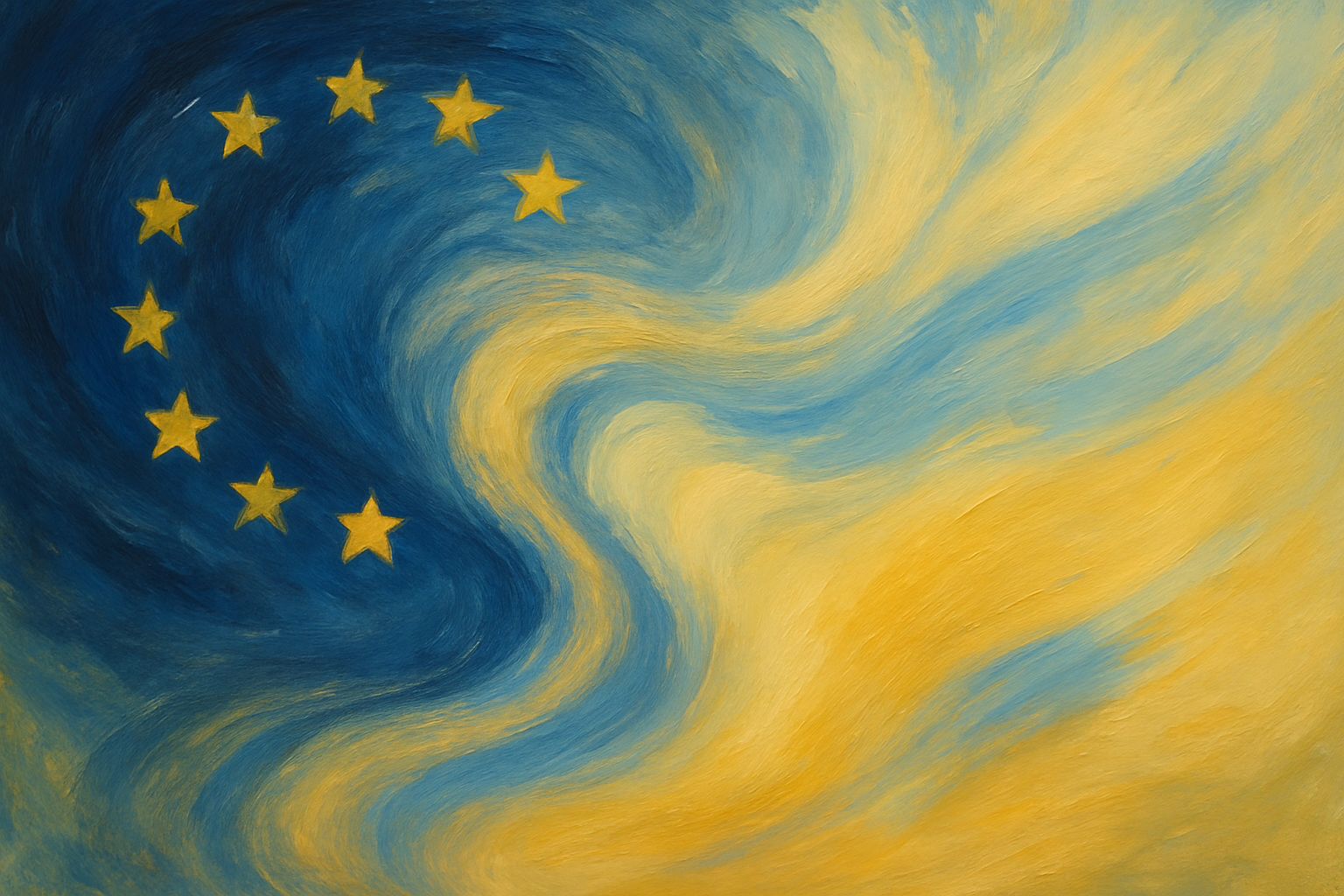Judicial governance stands at the crossroads of law, politics, and societal transformation. As Ukraine continues its journey of reform and European integration intensifies, judiciaries across Europe are increasingly navigating intricate and politically sensitive landscapes. Challenges related to judicial independence, accountability, anti-corruption measures, and the precise role of specialised courts, including military tribunals, highlight the urgency and complexity of these debates.
This international conference, hosted by the Luxembourg Centre for European Law (LCEL) at the University of Luxembourg, provides a timely forum for exploring these pivotal issues. It gathers leading scholars, judicial practitioners, policymakers, and legal professionals from Ukraine and across Europe to critically assess and discuss the current state and future trajectories of judicial governance. The conference aims not only to reflect upon practical experiences and ongoing reforms but also to explore theoretical dimensions relating to constitutionalism, democracy, and the delicate balance of powers.
Kindly note that registration is subject to validation by the organisers, and confirmation may require additional processing time.
Programme
-
10.00 – 10.30
Welcome words
- Prof. Takis Tridimas (Director, Luxembourg Centre for European Law, University of Luxembourg)
- Olha Stefanishyna (Minister of Justice of Ukraine, Deputy Prime Minister for European and Euro-Atlantic Integration of Ukraine, Government’s Coordinator of humanitarian aid) – online
- Dr Mykola Gnatovskyy (Judge, European Court of Human Rights)
- Dr Serhii Kravtsov (Postdoctoral researcher, Luxembourg Centre for European Law, University of Luxembourg)
1st Panel
Moderated by Dr Serhii Kravtsov (Luxembourg Centre for European Law, University of Luxembourg)
-
10.30 – 10.50
Grounds for accountability of judges: the Ukrainian context
Alla Kotelevets (Chairman of the First Disciplinary Chamber of the High Council of Justice of Ukraine and Member of the High Council of Justice) -
10.50 – 11.10
Internal independence in a comparative perspective
Dr Sophie Turenne (Associate Professor in Comparative Law, Director of Studies and Fellow in Law of King’s College, Fellow Emerita of Murray Edwards College, Cambridge) -
11.10 – 11.30
Break
-
11.30 – 11.50
Competition procedures for the formation of the judiciary in Ukraine
Liudmyla Volkova & Vitalii Gatseliuk (Members of the High Qualification Commission of Judges of Ukraine) -
11.50 – 12.10
Judging Judges? Accountability and measuring of judicial efficiency
Dr Costas Popotas (Former Head of Unit at the Court of Justice of the European Union, Vice President, Section Luxembourg de l’Association Internationale des Anciens de l’Union Européenne, Attorney at Law) -
12.10 – 12.30
The need for constitutional guarantees for judicial independence in the Netherlands
Prof. Jonathan Soeharno (Full Professor of Administration of Justice and Legal Philosophy, Faculty of Law, Department of Jurisprudence, University of Amsterdam; Deputy Judge at the Court of Appeal ’s-Hertogenbosch (Commerce Chamber); Former Senator) -
12.30 – 13.00
Discussion
-
13.00 – 14.00
Lunch
2nd Panel
Moderated by Dr Mark Konstantinidis (Luxembourg Centre for European Law, University of Luxembourg)
-
14.00 – 14.20
Anti-Corruption Justice in Ukraine – Current Challenges
Valeriia Chorna (Judge of the Appellate Chamber of the High Anti-Corruption Court of Ukraine) -
14.20 – 14.40
Assessing judicial reforms in National Jurisdictions: Theories Realities and European and International Standards
Prof. emer. Shimon Shetreet (Greenblatt Chair of Public and International Law Faculty of Law, Hebrew University of Jerusalem) -
14.40 – 15.00
Establishment of Military courts as a requirement of modern challenges
Olena Grosheva (Head of the Kharkiv Court of Appeal and District Court Judge)
Vitalii Marchenko (Judge of the Zhovtnevyi District Court of Kharkiv City) -
15.00 – 15.20
Break
-
15.20 – 15.40
Implementation of judgments of the Strasbourg Court in the Oleksandr Volkov group of cases: overview of taken and outstanding general measures required
Pavlo Pushkar (Head of Division, Department for the Execution of Judgments of the European Court of Human Rights, Directorate General of Human Rights and the Rule of Law, Council of Europe) -
15.40 – 16.00
Can artificial intelligence become the engine of the evolution of the judiciary in Ukraine? Views of lawyers and engineers
Dr Sergii Koziakov (Research Leader of the project “The Dynamics of the Judiciary in Ukraine in the Context of the Rule of Law and the EU Accession Aspirations”, The British Institute of International and Comparative Law (BIICL); Associate Professor at the Taras Shevchenko National University of Kyiv, Institute of International Relations; Former Chairman of the High Qualification Commission of Judges of Ukraine) &
Evhenii Mospan (Chief Information Officer at Mono) -
16.00 – 16.30
Discussion
-
16.30 – 17.00
Closing Remarks
-
17.00 – 19.00
Cocktail Reception
